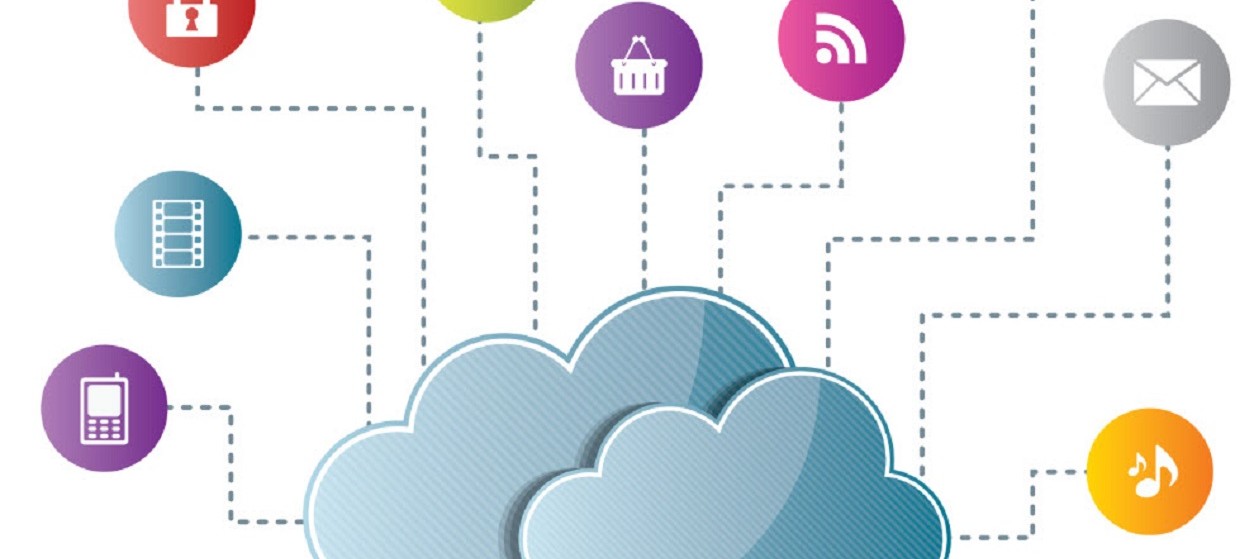Third party cloud computing involves using a service provider to store your data in virtualised pools on the web. This type of data storage has been popular for several years now, however a lot of companies are making the switch to a hybrid cloud. This is a cloud computing environment whereby some resources are provided externally; however, the organisation also provides and manages resources in-house. For example, a business may use a public cloud service for their archived data, yet when it comes to operational customer data they may prefer to maintain in-house storage. So, which one is better?
Third Party Cloud Computing
Let’s begin by taking a look at cloud infrastructure that is provided by a third party service provider. One of the main benefits associated with deploying this type of storage is the ability to reap the rewards of cost efficiency. You don’t need to worry about the costs associated with purchasing software and programmes, software updates, data storage and management. You will typically pay a set fee to the service provider in question. In addition to this, third party cloud computing provides a great degree of flexibility in the sense that employees will be able to access the software no matter where they are located. Nonetheless, you are completely reliant on another company, which is something that troubles a lot of CIOs and CFOs. If an issue arises, you won’t have direct access to the software and thus you won’t be able to fix the problem. However, this solution is ideal for businesses that need to bring a service to the market as soon as possible. This is also a feasible option for those that are looking to outsource part or all of their organisational IT requirements and have less regulatory hurdles to overcome.
Hybrid Computing
Hybrid computing brings together the best of both worlds, i.e. it compromises of internal and external cloud services. The greatest benefit associated with this type of storage is flexibility and scalability. Every business has different processes that are divergent in nature. A hybrid model perfectly accommodates this, as you will be able to use a private cloud for critical functions and a public cloud to run projects that do not process critical data. Not only does this offer a greater degree of flexibility, but it can help you to overcome security challenges as well. You can also benefit maximum output from your business processes because you are optimising the resources that are available by going for this option. You can minimise downtime and improve SLA’s because highly scalable networks are offering the necessary agility. Hybrid computing is the ideal solution for e-commerce. After all, an on-premise private cloud would be suited for sensitive data, i.e. personal and payment information, which is under strict legal regulation. On the other hand, the elasticity of a public cloud is ideal for the actual work of processing the orders.
Hopefully you now have a better picture regarding third party cloud computing and hybrid computing. There is no right or wrong answer when it comes to choosing the right option for you. It is all about finding one that fits in with your requirements and the nature of your business processes.










